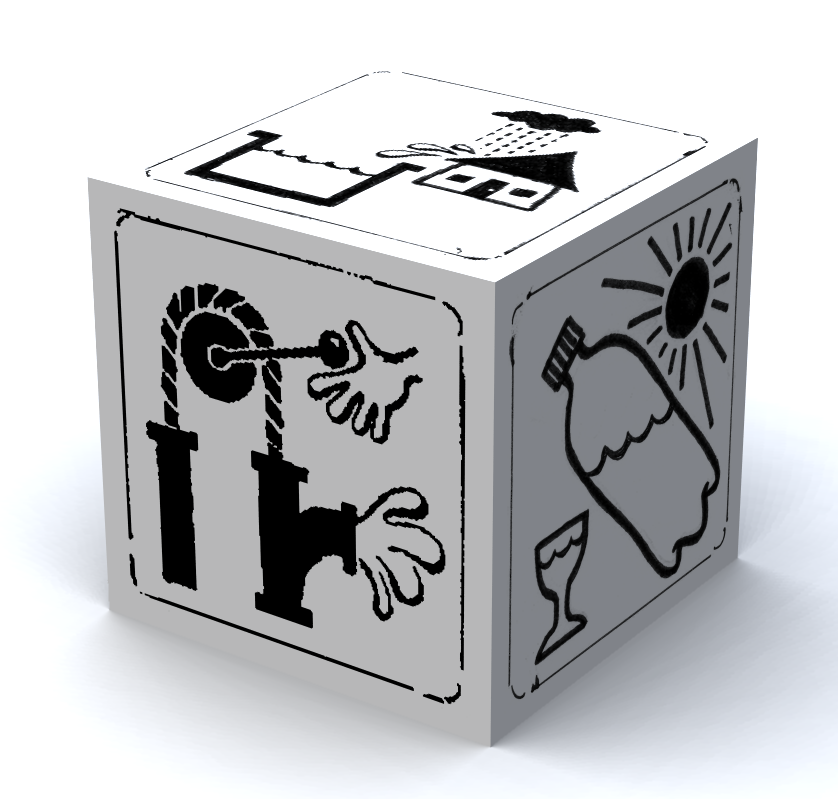Difference between revisions of "Water Portal"
| Line 133: | Line 133: | ||
|} | |} | ||
{|style="height:150px; background:#efefef" | {|style="height:150px; background:#efefef" | ||
| − | |align="center" valign="top"| {{Icon|file=contour ridges icon.png|alt=Contour ridges|width=85|link=Water Portal / Rainwater Harvesting / Groundwater recharge / Contour ridges}} <br> [[Water Portal / Rainwater Harvesting / Groundwater recharge / Contour ridges]] | + | |align="center" valign="top"| {{Icon|file=contour ridges icon.png|alt=Contour ridges|width=85|link=Water Portal / Rainwater Harvesting / Groundwater recharge / Contour ridges}} <br> [[Water Portal / Rainwater Harvesting / Groundwater recharge / Contour ridges | Contour ridges]] |
|} | |} | ||
Revision as of 02:43, 3 November 2015
The water portal illustrates a selection of smart water technologies. We are working on making this portal comprehensive and contain full explanations on how to implement these technologies, complete with lots of reference manuals and links.
For help with selecting the right water technologies below, try our new Water Compass! It is a decision support tool.
To help manage drought, using water resource technologies and other strategies: Resilient WASH systems in drought-prone areas.
Field experiences
The following projects are utilizing water resource methods.
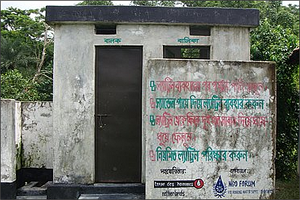 Scanning and Mapping the WASH Situation |
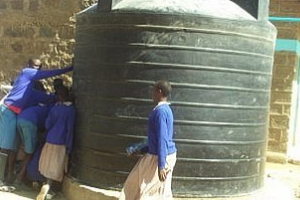 Implementing an IWRM process in Mashuru |
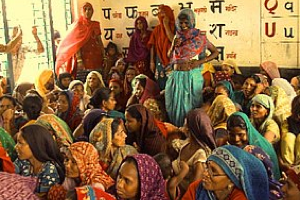 WASH Sustainability through Women Led MFI |
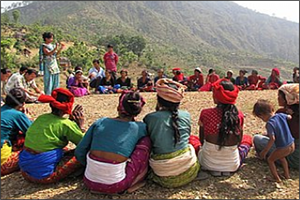 Community-based WASH Project in Nepal |
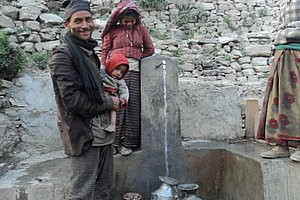 Community Health and Development Project | ||
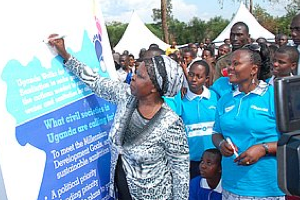 WASH Alliance Policy Influencing Programme |
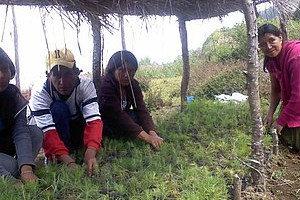 MWA-LAP: Guatemala |
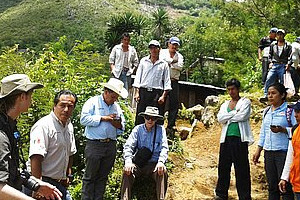 MWA-LAP: Mexico |
Acknowledgements
Much of the material in this section comes from the book Smart Water Solutions produced in collaboration with Netherlands Water Partnership, WASTE, PRACTICA, IRC, SIMAVI, AGROMISA, NCDO, Aqua for All (A4A), and Partners voor Water
